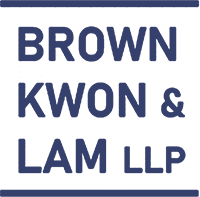
Disability Discrimination
Fight Disability Discrimination in New York Workplaces
As a New York-based employee, you have a right to a safe and accessible workplace.
If you believe that you were a victim of disability discrimination or harassment, contact Brown Kwon & Lam.

Disability Discrimination Employment Lawyers
As a New York-based employee, you have a right to a safe and accessible workplace.
If you believe that you were a victim of disability discrimination or harassment, contact Brown Kwon & Lam.

-
Commitment to Clients
-
Flexible Availability
-
Client Attention

